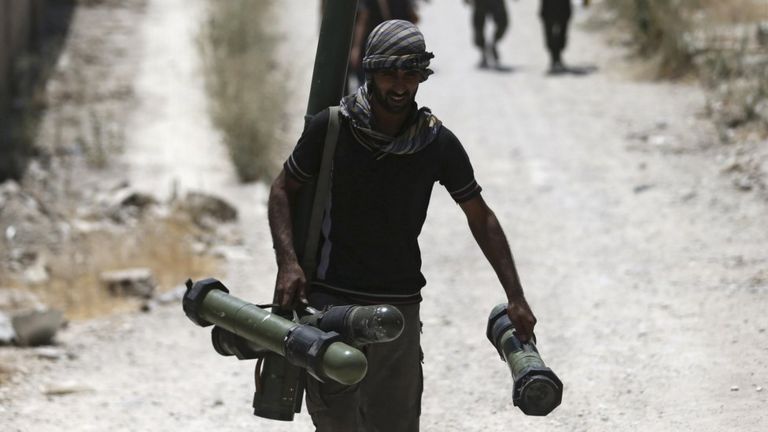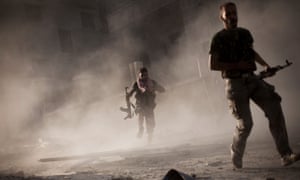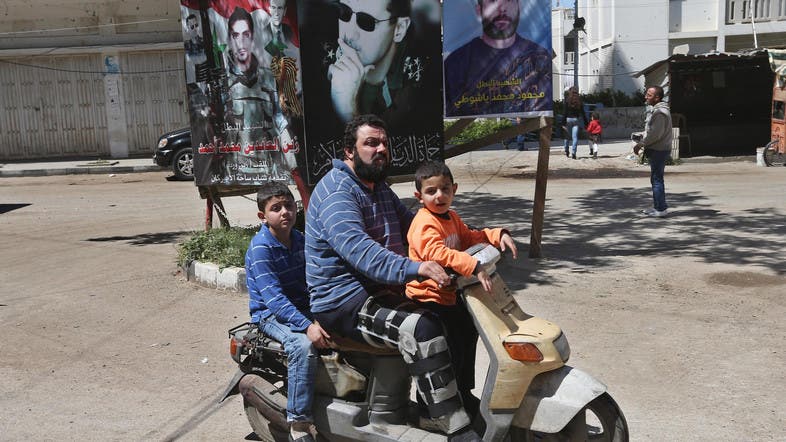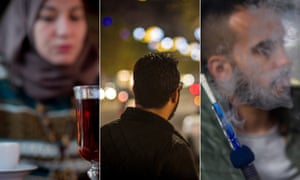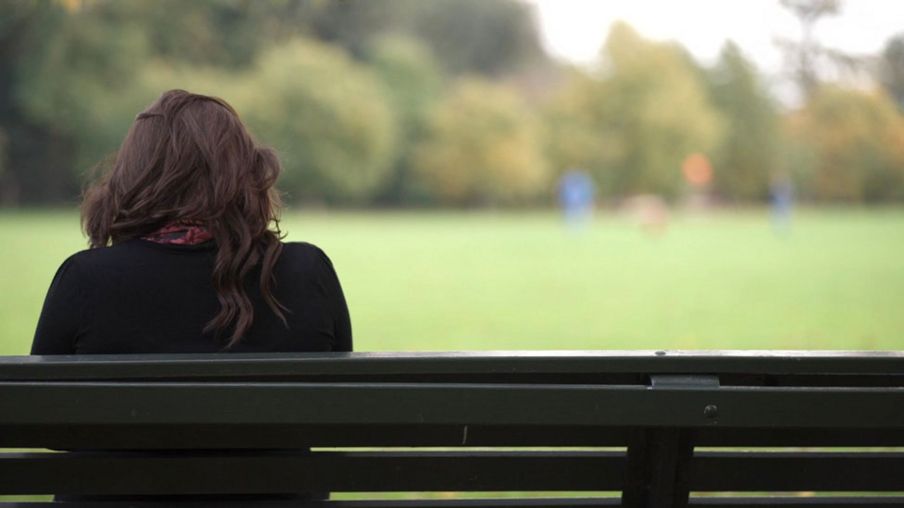
' "Farah" was born in Britain but grew up in Syria. Last year, she was arrested by the Syrian government security forces, who accused her of being an opposition activist. She blames Syrian President Bashar al-Assad for the torture that followed, and sees him as a bigger menace than Islamic State.
On one occasion she was tortured with electrodes. "I fainted - so I didn't feel the pain like when they used to hit me," she says. But she remembers clearly "the fear" before the event. One of the other girls in the same cell as her said she was raped. Farah didn't see this, but was threatened with rape herself. "Not just rape, but gang rape," she says.
Farah believes that she was spared even worse treatment because she was a dual UK-Syrian national - the guards nicknamed her "British" even when they were insulting her. But they tortured her psychologically as well as physically.
One incident, when a guard tortured an elderly man in her presence, sticks out in her mind. "He was just in front of me and they put him under electrocution. I had to see. I'm sure the man died. He just fell on the floor, and they carried him and threw him out of the room," Farah says.
"One time they hanged a man from his legs and hands. I tried not to see, but sometimes they hold your face to see. They were pulling the ropes… They split him. Until now I remember his voice shouting, and then suddenly I couldn't hear anything."
Her views echo those of many Syrians caught between Assad and IS. "When we say we want to get rid of Assad it doesn't mean we want ISIS - or we are happy with ISIS. In a way they are both the same, just with different ways of killing," Farah says. "Assad is the one who brought ISIS to Syria with all his death and destruction. We have to get rid of Assad and then we can get rid of ISIS." '

